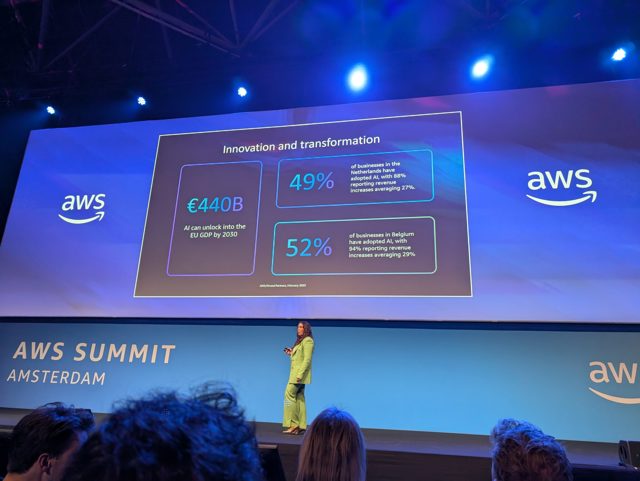< Back to news 


22 May 2024
OpenAI's ChatGPT: The Empathetic AI
This week, OpenAI unveiled its latest AI technology, showcasing a cheerful female voice that responds quickly and empathetically. What started as a simple text-based chatbot is now becoming a virtual companion.
The new ChatGPT, powered by GPT-4, appears more human-like, eliminating awkward pauses and adding emotional intonation. For example, when a presenter expressed nervousness, ChatGPT reassured, "Take a deep breath and remember: you are the expert."
This human-like interaction raises ethical concerns. Assistant Professor Olya Kudina (TU Delft) warns of the blurred lines between humans and AI, emphasizing that despite its realistic voice, ChatGPT remains technology devoid of genuine emotions.
Professors Marjolijn Antheunis and Emmelyn Croes (Tilburg University) see benefits in using AI for temporary skill practice or processing experiences, but caution against losing touch with real-life interactions. Transparency about the AI's nature is crucial.
While Apple, Google, and Amazon have long offered chatbots, OpenAI's latest version can handle complex conversations, making interactions more seamless and human-like.
Two approaches are emerging: OpenAI focuses on emotional expression, while Google aims to create a practical AI assistant for everyday tasks. This divergence highlights the debate about empathy in AI and its ethical implications.
Published by NOS.
Vergelijkbaar >
Similar news items

April 16, 2025
AWS: Dutch businesses are adopting AI faster than the European average
New research from AWS shows that Dutch businesses are rapidly adopting AI—at a rate of one new implementation every four minutes, well ahead of the European average.
read more >

April 16, 2025
Submit your nomination for the Dutch Applied AI Award 2025
Do you know or develop an innovative AI application? Submit it now for the 2025 Dutch Applied AI Award, presented at the Computable Awards.
read more >

April 16, 2025
UK government tests AI to predict murders
The UK government is developing an AI system that could predict who is most likely to commit a serious crime. Critics call the project dangerous and discriminatory.
read more >